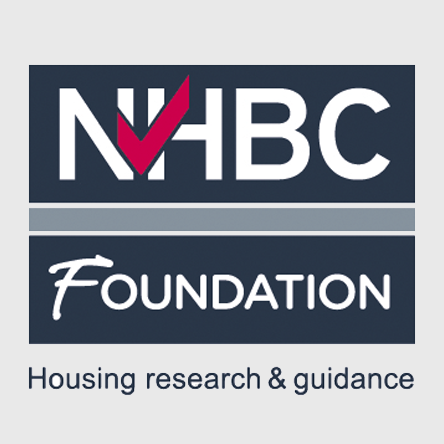Thank you to all those who completed our short overheating guidance survey. We’ve had some great feedback with over 180 responses and have decided to extend the deadline for further responses until 5pm on 12th January 2019. The research team are particularly interested to hear from local authority planning teams.
The project is now entering the 2nd phase and the research team will soon be testing the new guidance. If you are interested in being involved in a pilot study, we would like to hear from you. We’re especially interested in testing the new guidance on completed and occupied projects (Please note, projects involved in the pilot study can remain anonymous). Please contact Susie Diamond at susie@inklingllp.com and/or Julie Godefroy at julie@juliegodefroysustainability.co.uk to get involved.
Find out more information about the project and take the survey below.
The Good Homes Alliance has commissioned a project to better support local authorities and project teams in the evaluation of overheating risk in new residential planning applications, and to raise awareness of possible design solutions.
The guidance is intended for use at the pre-planning and planning application stages of construction projects. The aim is to help planners and designers to spot potentially high-risk designs, enabling informed dialogue and helping to identify solutions at an early stage if needed, for everyone’s benefit. The guidance will be available in Spring 2019.
We would like to hear from local authorities and project teams about the type of guidance they would find most useful, and the appropriate level of detail. The research team have created some short surveys which should take 5-10 minutes to complete, and would be grateful for your participation.
To take part in the survey, please click the buttons below:
SURVEY FOR DESIGNERS AND PROJECT TEAMS SURVEY FOR LOCAL AUTHORITY PROFESSIONALS
For more information on the project, see here: https://goodhomes.org.uk/research/early-stage-overheating-guidance.
We would like to thank our partners for supporting this research project.






